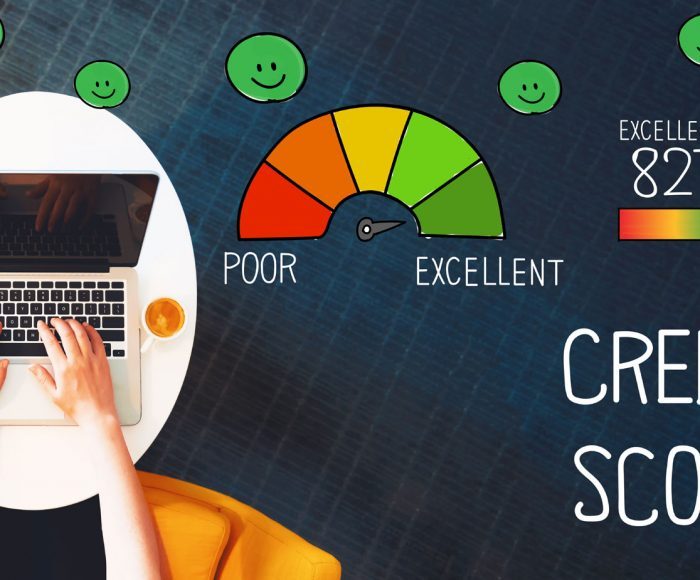Certainly! Here’s a blog post about the top credit repair strategies to help boost your credit score:
If you want to improve your credit score, you’re not alone. A good credit score can open up opportunities, from getting approved for loans and credit cards to qualifying for better interest rates and lower insurance premiums. But how can you repair your credit and boost your score? In this post, we’ll share the top credit repair strategies and secrets to help you achieve your goal.
- Check your credit report for errors
The first step in repairing your credit is to check your credit report for errors. You’re entitled to one free credit report per year from each of the three major credit bureaus: Equifax, Experian, and TransUnion. Review your credit reports carefully for errors, such as incorrect personal information, accounts that don’t belong to you, or late payments that were actually on time. Dispute any errors you find with the credit bureau.
- Pay your bills on time
Payment history is the most important factor in determining your credit score. Late payments can have a significant negative impact on your score. Make sure you pay your bills on time, every time. Set up automatic payments or reminders if you need to.
- Reduce your credit utilization
Your credit utilization ratio is the amount of credit you use compared to your total available credit. A high credit utilization ratio can lower your score. Aim to keep your credit utilization below 30%. If you have high balances on your credit cards, consider paying them down or transferring them to a 0% balance transfer card.
- Don’t close old credit accounts
The length of your credit history is another important factor in your score. Closing old credit accounts can shorten your credit history and lower your score. Keep your old credit accounts open, even if you’re not using them.
- Ask for a credit limit increase
If you have a good payment history and low credit utilization, consider asking for a credit limit increase. This can lower your credit utilization ratio and improve your score. Just be careful not to use the extra credit and end up in more debt.
- Use a credit monitoring service
Monitor your credit score and credit report with a credit monitoring service. Some credit monitoring services can also help you detect fraud or identity theft and alert you to any changes in your credit report.
- Seek professional help if needed
If you’re struggling to repair your credit independently, consider seeking professional help from a credit counseling agency or a credit repair company. Be careful to choose a reputable company and avoid scams or fraudulent practices.
In conclusion, repairing your credit takes time and effort, but it’s worth it to improve your financial health and achieve your goals. By following these credit repair strategies and secrets, you can boost your credit score and enjoy the benefits of good credit.











